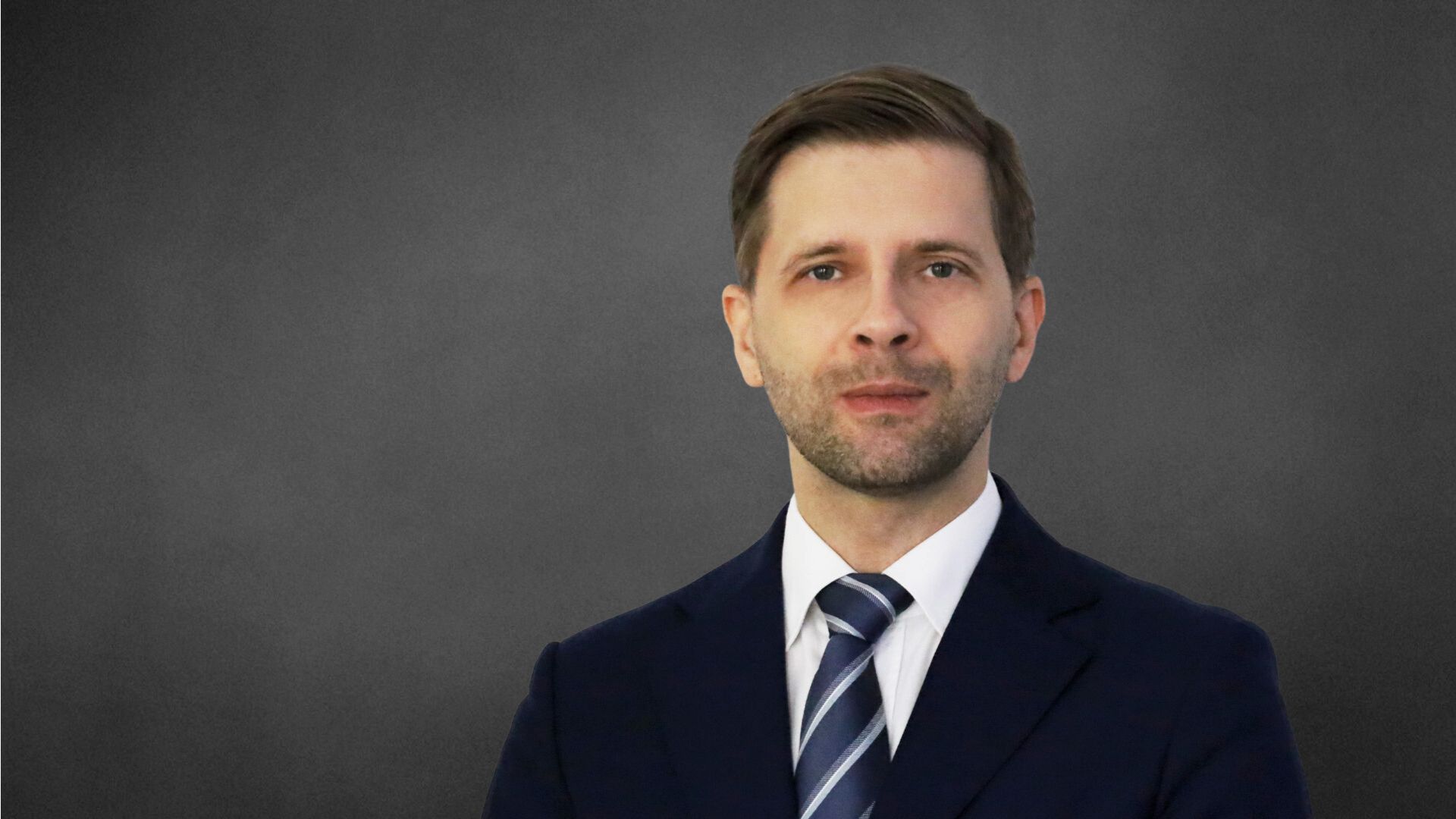Escalation of the Political Crisis in Venezuela

What was the context of Guaidó’s proclamation?
Guaidó became the leader of the NA on 5 January, five days before Maduro was inaugurated for his second term as Venezuela’s president. Maduro secured the post on 20 May 2018 in elections that lacked democratic standards, according to not only the opposition but also most American countries and the EU. That is why Maduro’s opponents do not recognize him as the legitimate head of state. They blame him for driving Venezuela towards a deep economic and humanitarian crisis that has forced hundreds of thousands of people to leave the country. Since 21 January, anti-government protests have intensified. Guaidó’s call on 23 January for a transition government and free elections followed the NA’s decision to grant amnesty to those who have been working for Maduro’s government if they join the opposition
Why does Guaidó’s declaration matter?
The NA is the only Venezuelan state institution whose origins are in democratic elections and, because of that, it has the support of most countries in the Americas and, for example, the EU. Although the opposition won 109 out of 167 NA seats in December 2015’s parliamentary elections, Maduro’s government has not recognized this result. In the year and a half since then, he has managed to marginalise and block parliament. Guaidó’s rise and declarations are the first peaceful attempt to oust Maduro since April 2017, when anti-government manifestations erupted and lasted for several weeks. The authorities brutally suppressed those protests and pacified the opposition (some of its main figures fled the country). Consequently, there was for some time no one able to lead and rebuild the anti-government bloc or to play the role as a key contact for countries supporting political changes in Venezuela.
What has been the international reaction?
The U.S. took the farthest-reaching position. It was the first to support Guaidó and to claim that Maduro is no longer considered the legitimate head of state. The U.S. suggested its readiness to use all political and economic means to force Maduro out of power. At U.S. urging, the UN Security Council held a debate[BZ1] on the situation in Venezuela this past weekend. Guaidó was also recognized by the majority of the countries in the region, with Mexico the exception—it confirmed Maduro as the legitimate president. Guaidó’s proclamation and the international recognition he received met with criticism from Venezuela’s main allies: Bolivia and Cuba in Latin America and Russia and Turkey, among others, outside the region. The EU didn’t recognize the NA speaker as interim president but it confirmed that parliament was a Venezuelan institution with a democratic mandate and that free elections were needed (the Polish MFA’s official communique was in a similar vein).
What does the situation in Venezuela mean internationally?
The crisis in Venezuela negatively affects stability in Latin America and the massive emigration from the country has become an economic and social challenge for other countries in the region. For the U.S., Venezuela is the main threat to democracy in the region, but both countries remain important partners in the oil trade. For the EU, the situation in Venezuela matters in part because of the hundreds of thousands of Venezuelans with EU citizenship. The Union has considered establishing an international contact group (which Poland might consider joining) to act as a broker of a dialogue between the government and opposition. Ousting Maduro may have negative consequences for China and Russia, both of which have taken advantage of the crisis to increase engagement in Venezuela (e.g., Russia took ownership of some valuable oil fields). Additionally, it would weaken the regional anti-western bloc that includes Cuba, Bolivia, and Nicaragua.
What are the prospects for restoring a proper constitutional order in Venezuela?
There have been various attempts to mediate the crisis between the Maduro government and opposition since 2016. Also, sanctions imposed by the U.S., the EU, and others against individuals from the Venezuelan regime have proved ineffective in pressuring Maduro to concede. Guaidó’s efforts are unlikely to succeed without support from Venezuela’s army. The chiefs of military staff have confirmed loyalty to the government. Moreover, a significant portion of the army profits from the current political system (e.g., they manage food distribution and control drug smuggling). The government may count on budget financing from China, Russia, and Turkey, and has support from Cuba (Cuban advisers are present in the Venezuelan security services). Maduro is determined to cling to power and this raises the probability he will resort to further violence and increase repression of the opposition.




